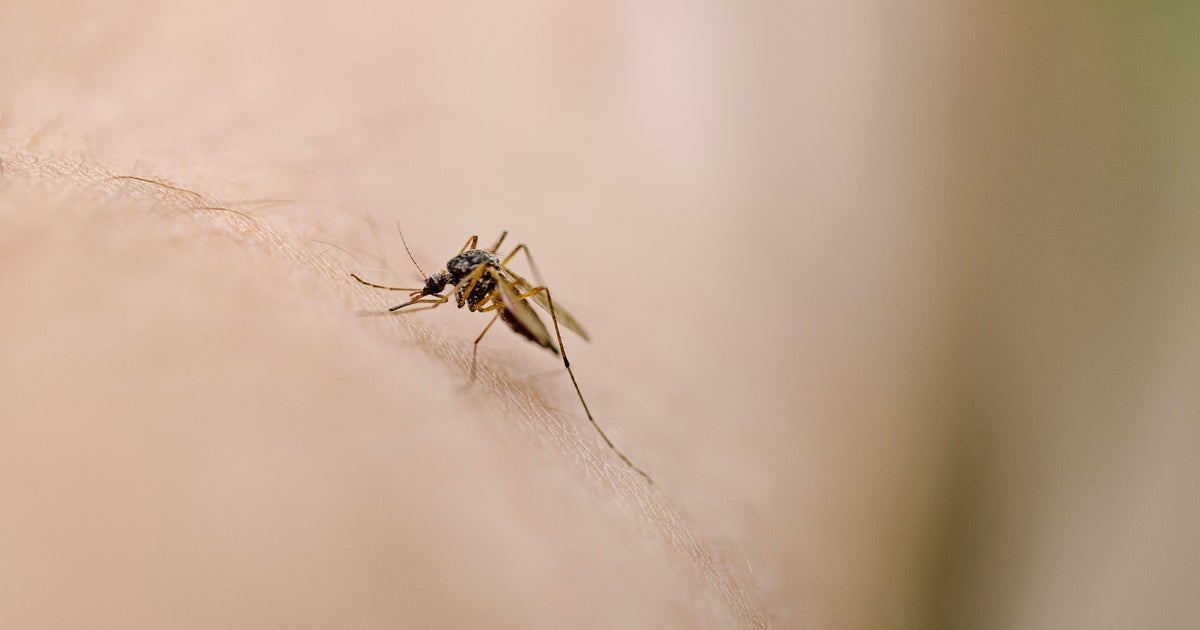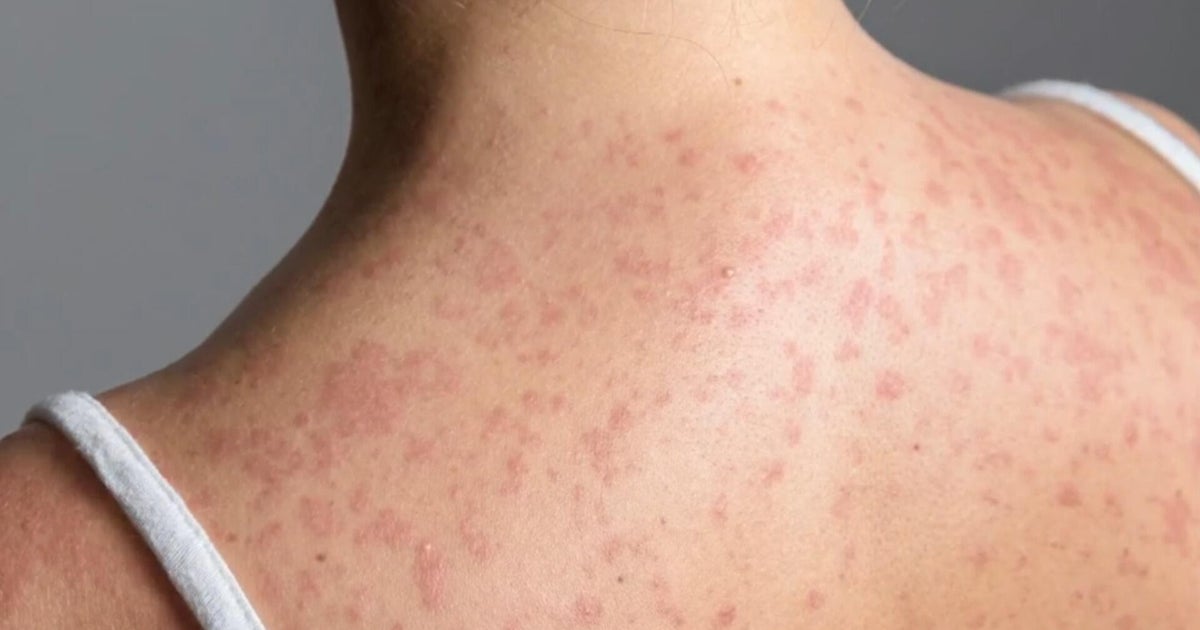Malaria confirmed in Florida mosquitoes after several human cases
Multiple mosquitoes gathered by authorities in Florida's Sarasota County have tested positive for malaria at a Centers for Disease Control and Prevention lab, as the response has ramped up to stamp out further spread of the illness. Four locally-acquired cases of malaria were recently reported in Florida, along with one in Texas — the first known instances of the mosquito-borne illness being transmitted within the U.S. since 2003.
Three mosquitoes carrying the parasite that causes malaria were collected from the same woodlot, Sarasota County Mosquito Management Services told CBS News in a statement. They were among more than a hundred samples that have been shipped to the CDC for testing.
Local authorities have targeted their eradication efforts in that area to wipe out Anopheles mosquitoes, the insect that spreads malaria, through spraying efforts from trucks, aircraft and on foot.
"Efforts continue to test more Anopheles from all areas of concern as well as treatments," the county said.
News of the mosquitoes testing positive was previously reported by the Sarasota Herald-Tribune.
A spokesperson for the CDC confirmed it has received mosquito specimens from both Florida and Texas in support of their investigations into the cases, which prompted a nationwide health advisory issued by the agency last week.
In Texas, so far all mosquitoes have tested negative for the parasite, a spokesperson for the Texas Department of State Health Services told CBS News.
Texas reported a single case this month, in a resident who had not traveled outside the state. Officials in Cameron County said the case was a resident of another county, but an investigation had determined the patient contracted the parasite while in the county.
Spokespeople for both Texas and Florida's health departments did not confirm whether additional suspected cases are being investigated in their states.
It can take weeks for people to first start feeling sick after being infected with the parasite. Early symptoms of malaria infections can look similar to the flu, with signs like fever, headache, and fatigue.
However, untreated cases can quickly become dangerous. An estimated 619,000 people died from malaria around the world in 2021, the World Health Organization estimates. It is most common in tropical climates.
Anopheles mosquitoes
Before the COVID-19 pandemic disrupted travel, the CDC had tracked hundreds of malaria cases reported to the agency in the U.S. each year.
Most cases were typically reported in the summer and fall, nearly all stemming from being bitten during recent international travel. So-called "airport" malaria cases are also possible, with mosquitoes themselves traveling inside airplanes, or very rarely it may spread through contaminated blood transfusions.
Humans cannot spread malaria to others like a cold or the flu.
Mosquitoes spread malaria between people by feeding on the blood of infected humans. The parasite then replicates for weeks inside the mosquito, before being transmitted into new humans the mosquito feeds on.
While the CDC believes risk of further local spread of malaria "remains extremely low" nationwide, it acknowledged that the Anopheles mosquitoes that can spread malaria are found in much of the country.
"Consider the diagnosis of malaria in any person with a fever of unknown origin, regardless of international travel history, particularly if they have been to the areas with recent locally acquired malaria," the CDC urged in its advisory.
Authorities raced to trap and test Anopheles mosquitoes during the country's last local outbreak of malaria in 2003, among residents of Florida's Palm Beach County, while ramping up efforts to curb mosquito populations.
At the time, that had been the first "outbreak of malaria with extended transmission" reported anywhere in the country since 1986. But none of the mosquitoes collected showed evidence of the parasite in CDC testing.
"This outbreak demonstrates the potential for reintroduction of malaria into the United States despite intensive surveillance, vector-control activities, and local public health response to educate clinicians and the community," CDC officials wrote at the time.



